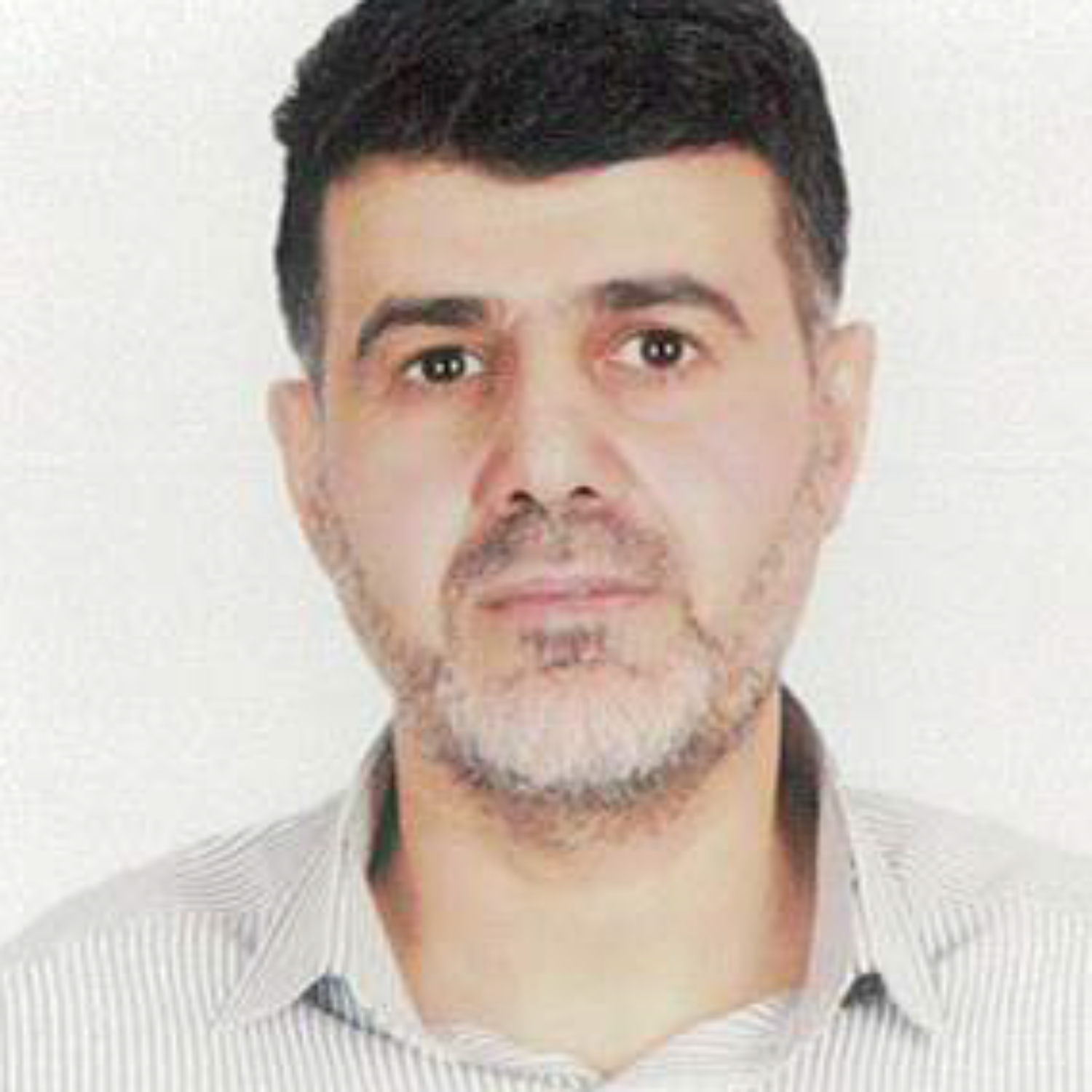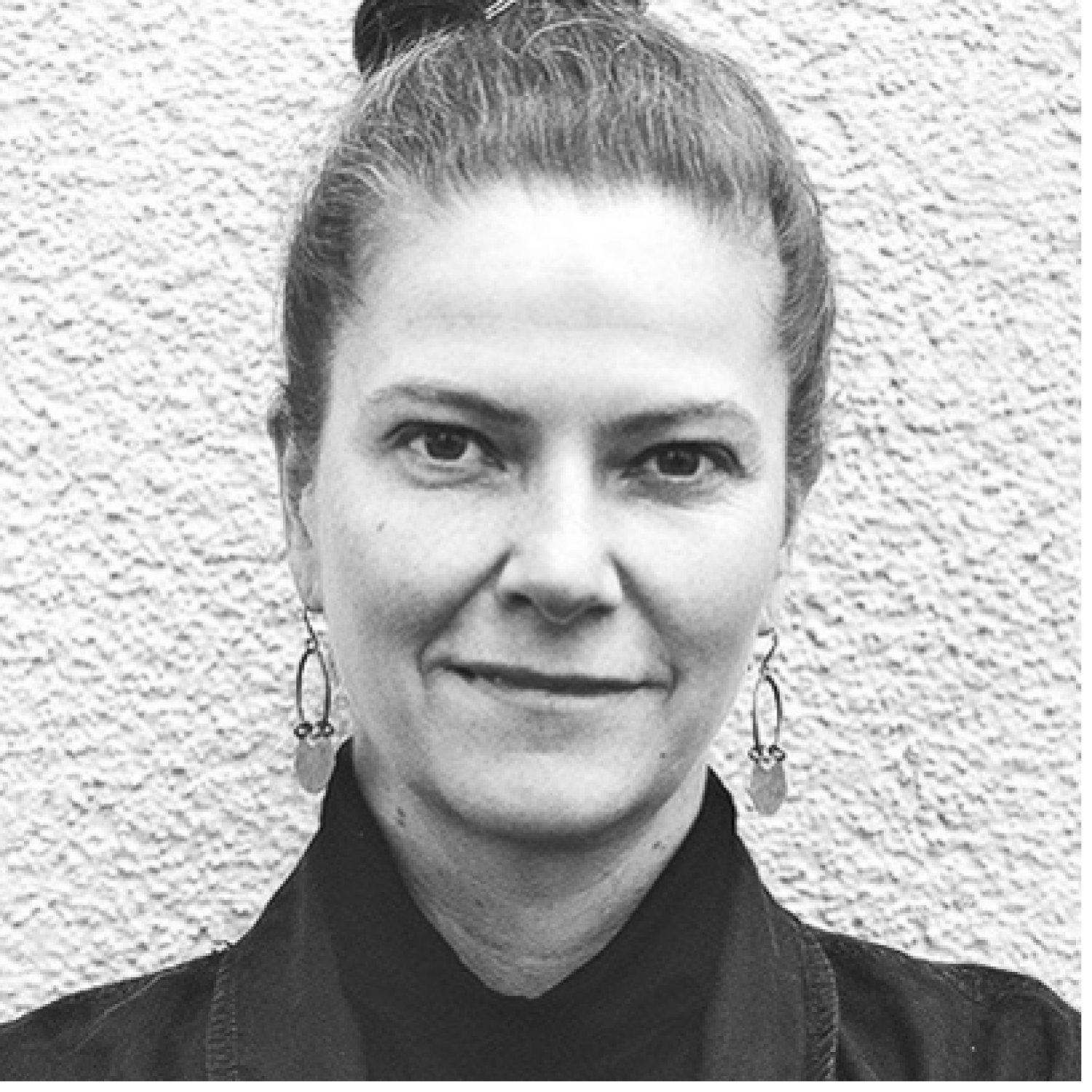
OFE 3: Addressing Psychological Aspects of Investigative Activities
OFE 3 aims to examine the psychological aspects affecting subjects, witnesses, and investigators throughout the investigative process, and identify strategies to manage these dynamics in ways that protect well‑being, build trust, and support effective fact‑finding.

Nicholas Wood (AIIB)
Nicholas Wood is Senior Ethics Officer in the Ethics Office at AIIB.
The Ethics Office is committed to promoting an ethical culture grounded in AIIB’s Core Values and Basic Standard of Conduct; its mission is to integrate ethics rules into the daily administration and operations of AIIB and among individual AIIB Personnel.

Raed Shalan (UNRWA)
Raed Shalan is a highly motivated and versatile administrative investigator. Raed has held various positions at the United Nations Relief Works Agency for Palestine Refugees for Near East (UNRWA), including Acting Chief of Investigation and Senior Field Investigations Support Officer. His responsibilities have included overseeing and monitoring investigations, providing support and training, drafting reports, and conducting trend analysis of misconduct allegations. Raed has also worked as an Investigator for the World Health Organization in Geneva and has experience as a Legal Researcher and Attorney-at-Law. He holds an LL.M from the University of KwaZulu-Natal and a B.A. in Law from the University of Jordan. Raed completed various training programs, including UN supervisory skills, digital business transformation, and conflict-related sexual and gender-based violence.

Jonathan Sutch (EBRD)
Jonathan Sutch is Associate Director, Investigations at the European Bank for Reconstruction and Development (EBRD), where he leads the EBRD’s Internal Investigations into staff misconduct, fraud, and corruption. He has over three decades of investigative experience with international organisations, multilateral development banks, and national authorities.
A former UK police detective, before joining the EBRD in 2011 Jonathan served as Investigations Team Leader at the Global Fund’s Office of the Inspector General and spent nearly a decade with the UN International Criminal Tribunal for the former Yugoslavia, coordinating investigations into serious breaches of international humanitarian law.
Jonathan holds an LL.M. in International and European Employment Law and an M.Sc. in Forensic Investigations from the University of Leicester. He is a Certified Fraud Examiner and an active member of several professional associations, contributing regularly to international discussions on good practice in investigations.

Claudia Zehl (OSACO Group)
Claudia is a safeguarding investigator and specialist with extensive international experience across Africa, Europe, Latin America, and Asia.
She currently serves as Global Head of Training & Safeguarding at OSACO Group, where she designs and delivers investigations, safeguarding, compliance, and risk management trainings for UN partners, corporate clients, and civil society organisations. She has led workshops and training-of-trainers programmes across East, West, and Southern Africa, the Sahel, MENA, and Eastern Europe. A certified counsellor with specialized training in trauma-informed care and investigative interviewing.
Previously, Claudia held senior safeguarding and leadership roles with international organisations, including WHO in West Africa, where she developed and rolled out organisational safeguarding frameworks, conducted risk assessments, and advised senior leadership on proactive safeguarding measures.
She is also a trained mediator, holding a Master’s in Intercultural Conflict Management. Claudia combines technical safeguarding expertise with a strong intercultural and coaching skillset, enabling her to facilitate sustainable cultural change and strengthen organisational resilience in diverse contexts.

